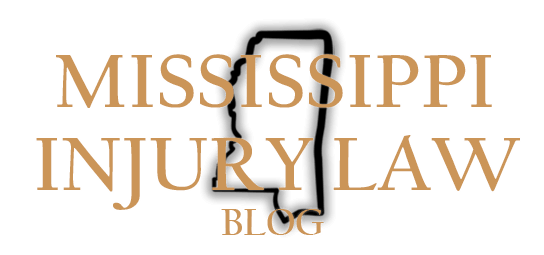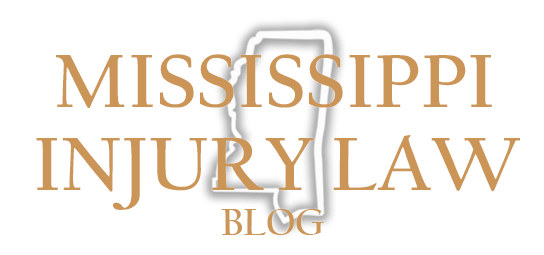News that a study found companies were continuing to offer tainted dietary supplements despite being recalled was covered by several major newspapers. The study revealed gaps in FDA enforcement and urged stronger measures to tackle the problem, some news outlets note. USA Today , citing research unveiled Tuesday in the Journal of the American Medical Association, notes that researchers “identified 27 supplements†still being sold “online in the summer of 2013 that were among 274 recalled during 2009-2012.†The article notes “chemicals similar to the erectile dysfunction drug Viagra (sildenafil citrate) or the diet drug Meridia (sibutramine hydrochloride monohydrate)†were found in nearly 67% of the supplements being offered. Meridia was pulled over heart attack and stroke concerns. For example, Gaspari Nutrition was continuing to offer Novedex XT, a bodybuilding supplement, which was recalled in 2010.
Providing details of the study, the New York Times reports in its “Well†blog that most of the supplements “were marketed for weight loss, exercise and sexual enhancement, and they were sold across the country at convenience stores, in health food shops and over the Internet.†Among other chemicals, the piece notes, the supplements were found to contain antidepressant Prozac (fluoxetine), while several of the weight-loss products contained Sibutramine, “an amphetamine-like drug that was removed from the market†in the US, Asia and Europe “after a clinical trial showed it increased the risk of heart attacks and strokes.†FDA spokeswoman Jennifer Dooren is quoted in the piece.
Examining the potential loopholes that allow such tainted supplements to be sold, the Los Angeles Times points out that “unlike drugs, dietary supplements don’t have to be proved safe before being sold, and manufacturers can make general claims about health benefits.†The paper notes that with “limited powers to regulate nutritional supplements, the FDA in recent years has stepped up its recalls of nutritional supplements that are adulterated with prescription medications.†The article notes that in the three years starting January 2009, “the agency demanded that 274 such supplements be withdrawn from the market until the prescription drugs they illegally contained was removed.â€
Study’s lead author Dr. Pieter Cohen, an internist and researcher at Cambridge Health Alliance, blamed both the manufacturers who put “profit ahead of consumer health†as well as “lax oversight†by the FDA for the “problem,†according to the AP.  “There should be significant legal and financial consequences for manufacturers who the FDA finds to be continuing to sell these spiked supplements,†Cohen said.
In response to the study, a trade association representing the dietary supplement industry, the Council for Responsible Nutrition, “said in a statement that the research finding suggests the FDA’s enforcement system works,†according to the Boston Globe. The group notes, according to the paper, “given that only 18 out of 273 recalled products still had active drugs in their ingredients, ‘the FDA’s recall efforts had a more than 93 percent success rate.’â€
If you have experienced complications with any type of supplement medicine, contact Chhabra & Gibbs by going to our website at http://www.cglawms.com or calling 601-948-8005

